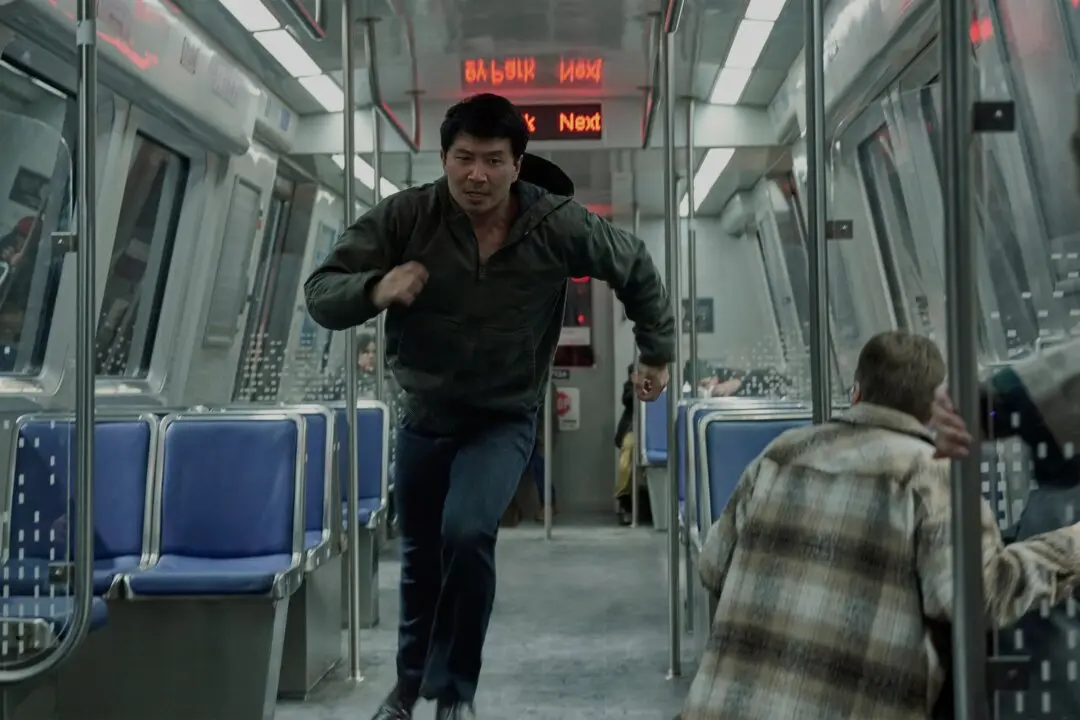In the late 1950s, Japan was still digging out from the devastation of World War II, while France was struggling with the lingering guilt and shame of the German occupation. A man and a woman representing their respective national psyches will come together in one of the greatest cinematic one-night stands to ever carry over into the next morning.
“He” and “She” (or rather “Lui” and “Elle”) find brief solace in each other’s arms during Alain Resnais’s “Hiroshima Mon Amour,” which will get its theatrical re-release Oct. 17.
She is a French actress who has been shooting a so-called peace film in Hiroshima. He is a Japanese architect, whose wife is usually out of town for extended periods of time. They are both attracted and lonely, on a deeply profound level, so things take their course. However, matters get rather complicated during the afterglow of passion.
Despite his apparent contempt for her peacenikery, he has a hard time letting go. She is more inclined to make a clean break, yet she is clearly conflicted. They are both haunted by the past, but her ghosts are especially thorny, rooted in the morally ambiguous era of the National Socialist occupation.
“HMA” was largely shot in Japan, but it is one of the truly defining films of the French Nouvelle Vague. The long opening sequence plays out like an avant-garde documentary, contrasting newsreel-like images of Hiroshima survivors and the memorial museum with the refrains of an apparent lovers’ quarrel, albeit a rather politicized one: “You saw nothing in Hiroshima, nothing. I saw everything in Hiroshima, everything.”
Eventually, Resnais shows the lovers intertwined, generating eroticism, while also evoking the images and textures of the tragically fused bodies of the Hiroshima atomic blast area or Pompeii.
Over 50 years later, “HMA” is still aesthetically bold, yet somehow Resnais’s radical stylistic shifts are never jarring, rather feeling like they are part of a cohesive whole. It also has a powerful sense of place. By the time it ends, viewers will feel they know Her severely appointed modernist hotel better than their own apartments.





